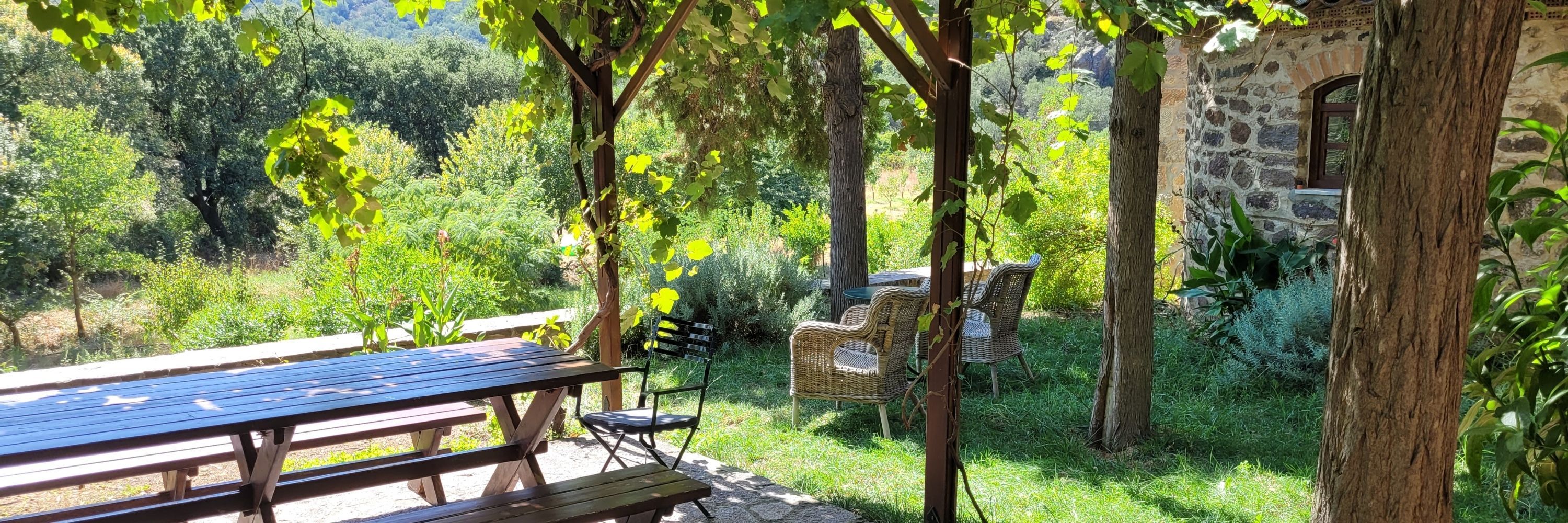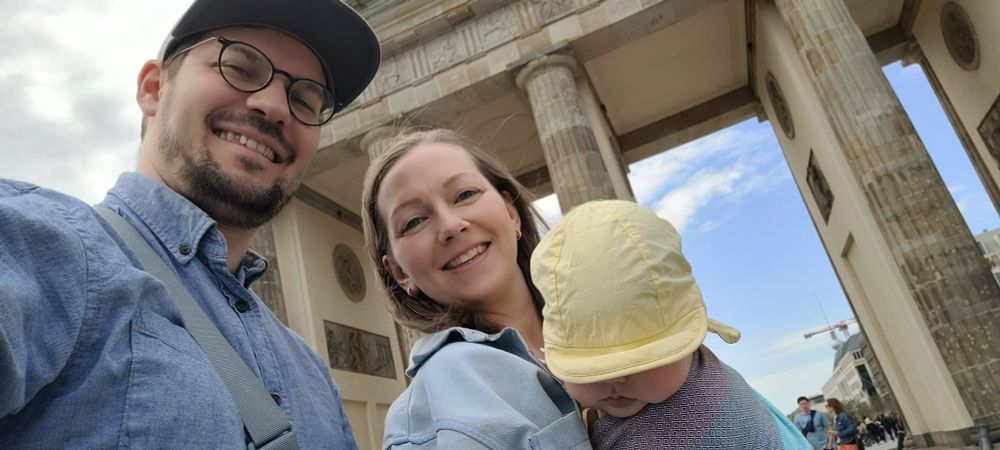
https://felixhaass.de/


Respondents shown media coverage framing the attack as rooted in far-right ideology were less willing to vote for the AfD than respondents who were shown a non-political attack.

Respondents shown media coverage framing the attack as rooted in far-right ideology were less willing to vote for the AfD than respondents who were shown a non-political attack.

Media coverage linked the attack to the AfD’s rhetoric.
Afterwards, we find that AfD support fell by about 2 percentage points — roughly one-sixth of its voter base at the time.


Media coverage linked the attack to the AfD’s rhetoric.
Afterwards, we find that AfD support fell by about 2 percentage points — roughly one-sixth of its voter base at the time.
We argue that it depends on media framing: when attacks are intense and clearly nativist, they can trigger a media backlash that turns voters away.

We argue that it depends on media framing: when attacks are intense and clearly nativist, they can trigger a media backlash that turns voters away.
“Right-Wing Terror, Media Backlash, and Voting Preferences for the Far Right” in @bjpols.bsky.social
👉 doi.org/10.1017/S000...
We (Alex De Juan, @juvoss.bsky.social & I) examine how right-wing attacks shape support for the far-right in Germany.
Short summary thread below 👇

“Right-Wing Terror, Media Backlash, and Voting Preferences for the Far Right” in @bjpols.bsky.social
👉 doi.org/10.1017/S000...
We (Alex De Juan, @juvoss.bsky.social & I) examine how right-wing attacks shape support for the far-right in Germany.
Short summary thread below 👇





Details: www.uni-osnabrueck.de/universitaet...


Details: www.uni-osnabrueck.de/universitaet...


